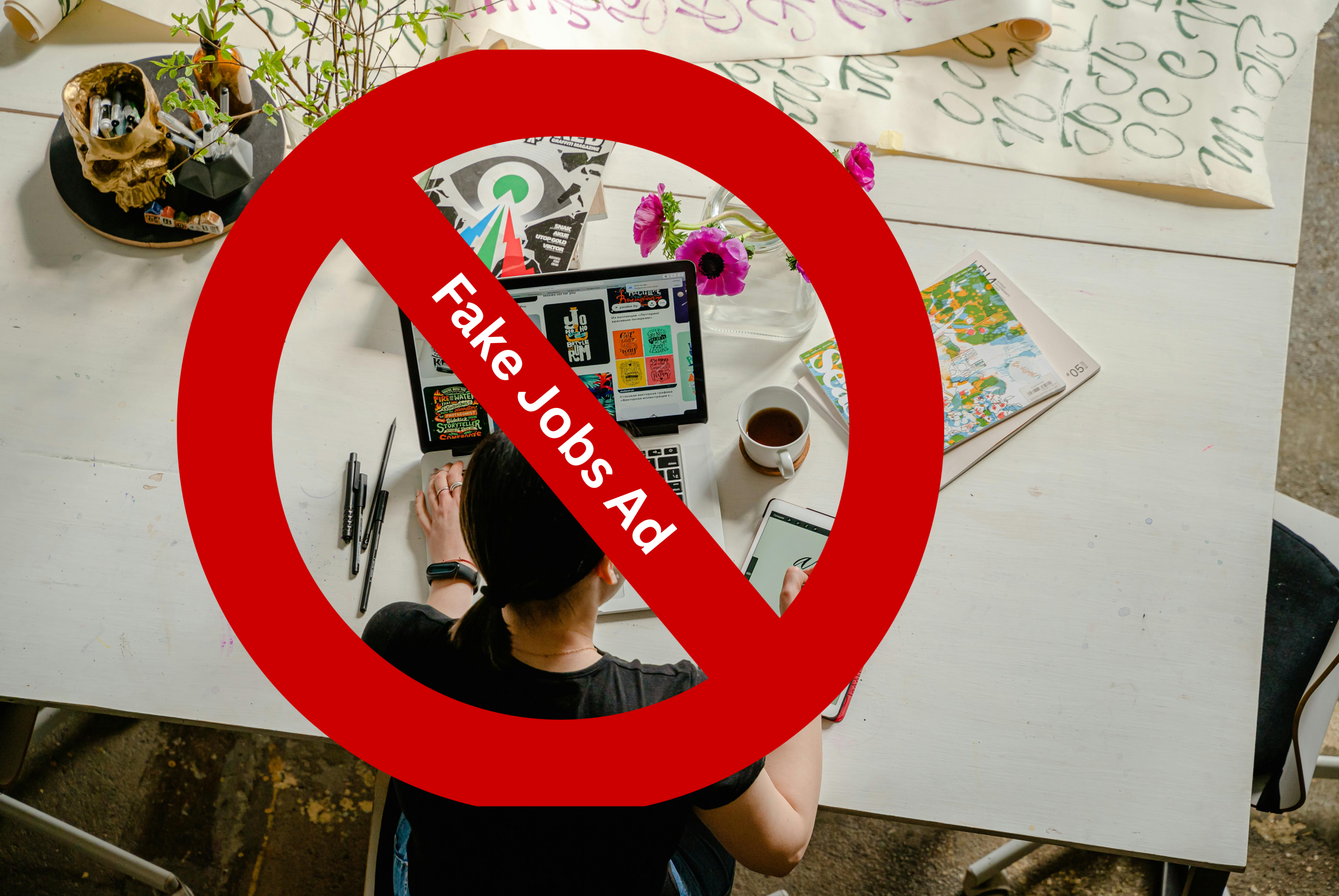You’ve been thinking about it. Maybe not loud. Just a whisper inside your head.
Something feels off at work. The pay. The pressure. The way they treat people.
And nobody seems to listen. Or care.
You’re not alone.
A union could help. But how do you even join one?
Here’s the breakdown. Simple. Honest. No fancy fluff.
What’s a Union Anyway?
It’s not just a name. Not a logo. Not people shouting in the streets.
A union is you. Your coworkers. All standing together.
It’s a group that speaks for you when your voice is ignored.
That protects you when things go sideways.
That fights—so you don’t have to fight alone.
Better pay. Safer jobs. Respect.
Unions don’t fix everything. But they sure help.
Ask anyone who’s been through the fire.
Start With Your Sector
Where do you work? Not just your company.
Your field. That’s your sector.
Health. Retail. Transport. Mining. Construction.
Education. Farming. Security. Domestic work.
Each has its own union. Sometimes more than one. That’s fine.
Figure out where you fit.
It’s the first step.
Find the Right Union
Google helps. So does asking around.
Your coworkers might already know. Some might already be members.
Look at these too:
- COSATU
- SAFTU
- FEDUSA
- Department of Labour website
Search for “Your Job + Union South Africa.”
You’ll find names. Numbers. Links. Offices.
Like these:
- NEHAWU (health, education, public)
- SADTU (teachers)
- NUM (mining)
- NUMSA (metalwork, engineering)
- SACCAWU (retail)
- SATAWU (transport, cleaning, security)
- FAWU (food and agriculture)
There’s even unions for street vendors. Domestic workers. Gardeners.
Yes, you’re included.
Contact a union rep.
Every union has reps.
Some work at your job. Others are at the office.
Their job? Help you join.
Call. Email. Walk in. Doesn’t matter.
Just say:
“Hi. I want to join the union. How do I start?”
They’ll take it from there.
No stress. No long forms yet. Just a quick talk.
Fill in the Form
Joining is easy.
Usually just one form. Name. ID. Job. Employer.
Then come the fees. Monthly ones.
They’re small. Worth it.
They protect you.
Think of it like insurance—only with backup that actually shows up.
Most unions deduct straight from your salary.
You probably won’t even notice after the first month.
And in return, you get:
- Legal help
- Dispute support
- Strike pay
- Funeral cover (sometimes)
- Collective strength
One form. One signature. One change that matters.
You’re Protected by Law
In South Africa, joining a union is your right.
Not a favour. Not a risk. A right.
Section 23 of the Constitution. Labour Relations Act. All of that.
It’s legal. Fully.
No employer can stop you.
They can’t:
- Fire you
- Cut your pay
- Harass you
- Isolate you
If they do, the union fights back.
You’re not alone anymore.
What If Your Workplace Isn’t Unionized?
No branch yet? Don’t worry.
You can still:
- Join a union as a single member
- Help start a branch at your job
- Connect with organisers to grow the movement
It’s been done before. By others like you.
It’s not easy. But it’s possible.
Start small. Talk quietly. Grow steadily.
Union reps can help guide that process.
What Happens After You Join?
Now you’re in. What next?
Get involved.
You don’t have to be a leader. Just show up.
Attend meetings.
Vote for shop stewards.
Speak up when there’s an issue.
Support others too.
Unions work best when members speak. When they move.
Not just when they pay.
Even if it’s one meeting a year. That matters.
Still Not Sure? Read These
Sibongile worked at a supermarket. Stocked shelves. Minimum wage.
Manager shouted at her daily. She joined SACCAWU.
Two months later, she was transferred. Got better hours.
She wasn’t scared anymore.
Andile drove trucks. Long shifts. No overtime pay.
His company ignored complaints.
He joined SATAWU. So did others.
They filed a case. Got back pay. And a new contract.
They still work there—but now with dignity.
Maria cleaned houses. Alone.
She didn’t know domestic workers could unionise.
She joined SADSAWU. Got training.
Now she helps other women join too.
She still cleans—but she walks taller.
Why People Don’t Join—and Why That’s Changing
Some say unions don’t work.
That they’re corrupt. Lazy.
That nothing changes.
But here’s the truth:
The system is tough. Yes. But unions are still one of the few ways workers have power.
Change is slow. But it happens.
Only when people show up.
The more of you join, the louder the voice gets.
What Unions Can Actually Do
- Fight unfair dismissals
- Negotiate better wages
- Protect you from exploitation
- Demand better shifts and leave
- Push for safety standards
- Represent you at hearings
Not just for you. For everyone around you.
It’s not magic. But it’s power.
Joining Is a Bold Step
It means you’re ready.
Ready to stop just surviving.
Ready to say: enough.
Doesn’t matter if your job feels small.
You matter.
Every strike that won started with one worker who said, “I’ve had it.”
Maybe now, that’s you.
Final Thoughts
You don’t need to be rich. Or loud. Or fearless.
You just need to be ready.
Unions are not perfect.
But they are powerful.
And they’re yours.
Joining means you believe things can get better.
It means you know your rights.
And you’re done begging.
So start now.
Find your sector.
Find your union.
Make the call.
Take the step.
This is your move.








